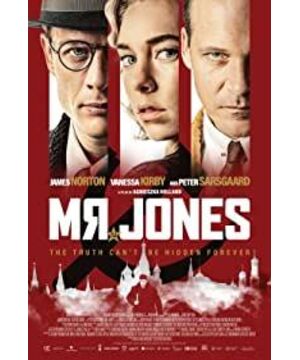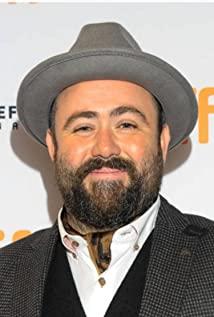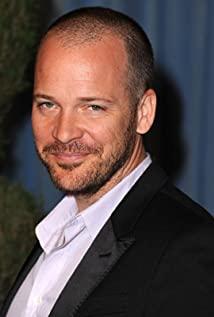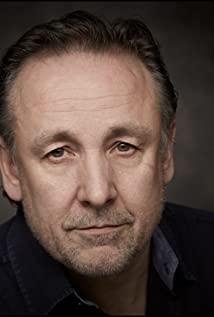Who would have thought that more than 80 years ago, the hands-on practice of a British journalist would bring us an unexpected sense of resonance. This heroic whistleblower was the first reporter to expose the Great Famine in Ukraine to Western society. He ruthlessly debunked the communist utopia myth that the former Soviet government tried to cover up, thus revealing the true face of Stalin’s totalitarianism and inspiring British writers. George Orwell created the classic "Animal Farm" . The unknown reporter and his little-known experience became the focus of this biopic. Polish female director Agnieszka Holland (Agnieszka Holland) is good at shooting Jewish stories, and as an intellectual who has experienced the "Prague Spring", her Soviet-themed works are also sharp and critical. In the film, the protagonist escapes official surveillance and sneaks on the iron train to go deep into the Ukrainian collective farm. The brutal famine portrays are so horrible that it can give the audience a vivid and profound history lesson.
This terrifying political theme reminds me of the "Imitation Game" of the Hollywood awards season in the past few years. However, the reporter himself does not have too many shining points, no complicated and tortuous background, and no earth-shattering love story. He is just a typical young man who is inexperienced and fearless of authority. His pursuit of the truth is of clear enlightenment. Therefore, his experience on a Ukrainian farm is the most powerful and shocking scene in the film. In contrast, the protagonist's modeling method is almost the same as that of Hollywood, and familiar plot routines follow one after another. This may be due to the director Holland's shooting too many American dramas in recent years. Now I am watching a two-hour re-edited version. It is said that the version that was released in Berlin last year lasted two and a half hours, and the rhythm of the political thriller was gone. This script has no way to dig into the inner conflicts of the protagonist, so it cannot bring a moment of reflection like Malick’s "The Hidden Life". The protagonists in both films have faced the threat of totalitarianism. Director Holland may be aware of the unidirectional characterization, so he uses the author Orwell's "Animal Farm" as a starting point to elicit a narrative at the beginning of the film, and echo it again at the end. This is a bright spot, but this plot is obviously not the focus of the narrative, and the film didn't spend too much time detailing how the protagonist gave Orwell's writing inspiration. It only arranged a plot where the two met in a cafe for the first time.
The biggest touch for me from this movie is the admirable profession of journalists. Their pursuit of the truth is above all else. They pay a lot of money for telling the truth, even their own lives! It's just that in our current era, there are fewer and fewer such reporters. I hope that there will be more people in society who are willing to tell the truth, whether they are journalists, doctors or ordinary people. This spirit will lead the country and society in the right direction.
View more about Mr. Jones reviews










